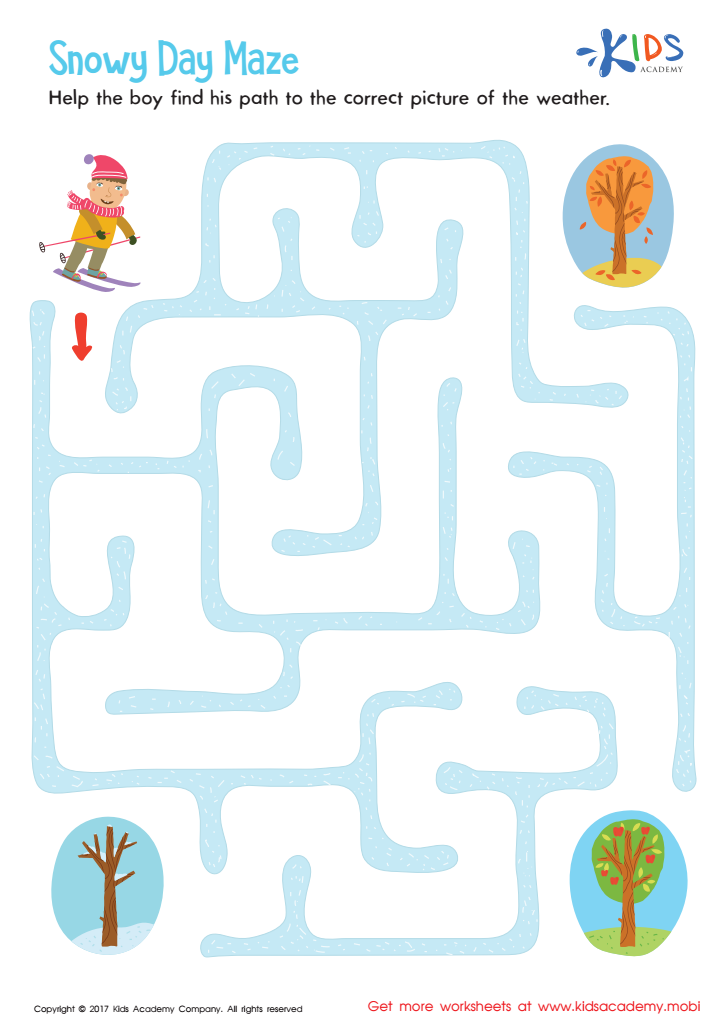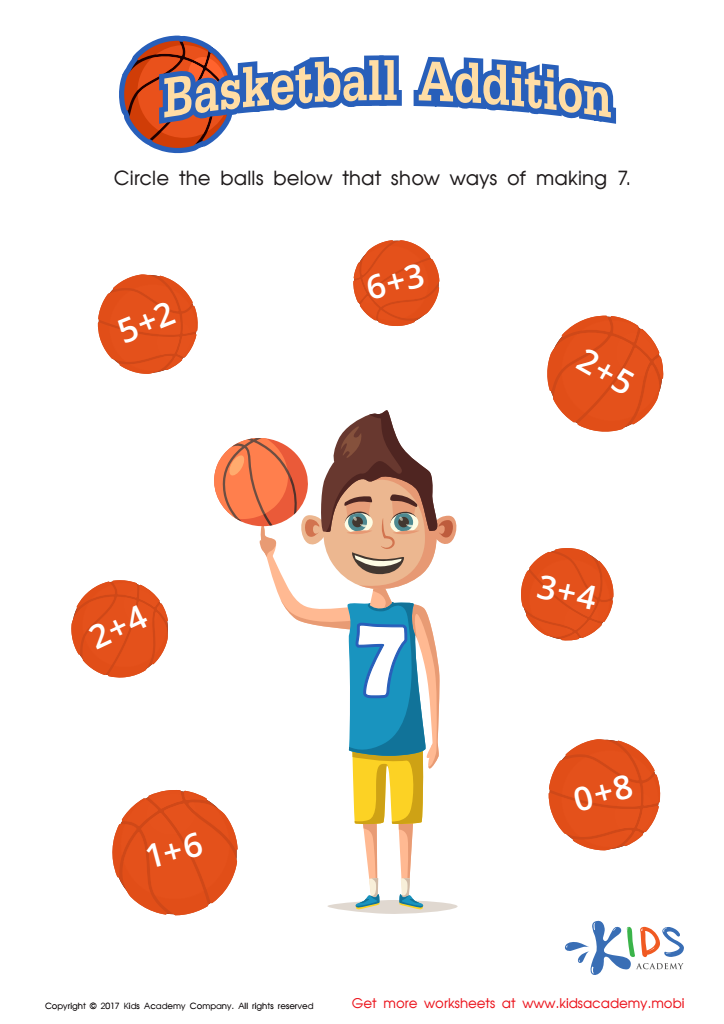Worksheets for Ages 3-9 - Page 3
4557 filtered results
-
From - To


Number 10 Printable


Christmas: Night Before Christmas Printable
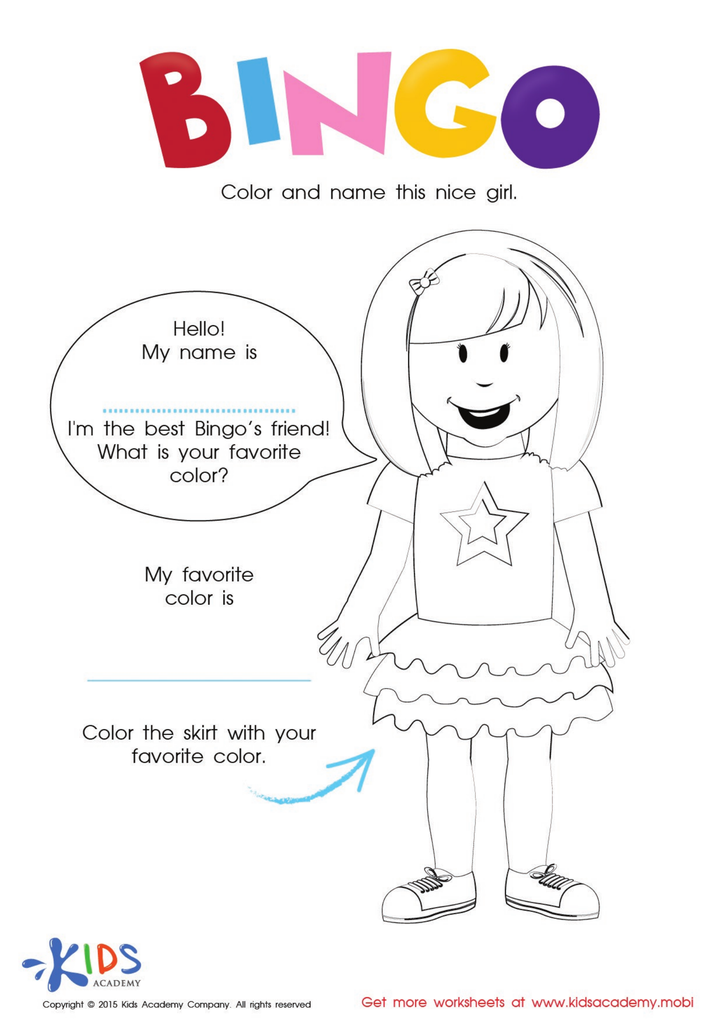

The Bingo Song: Coloring The Girl Worksheet
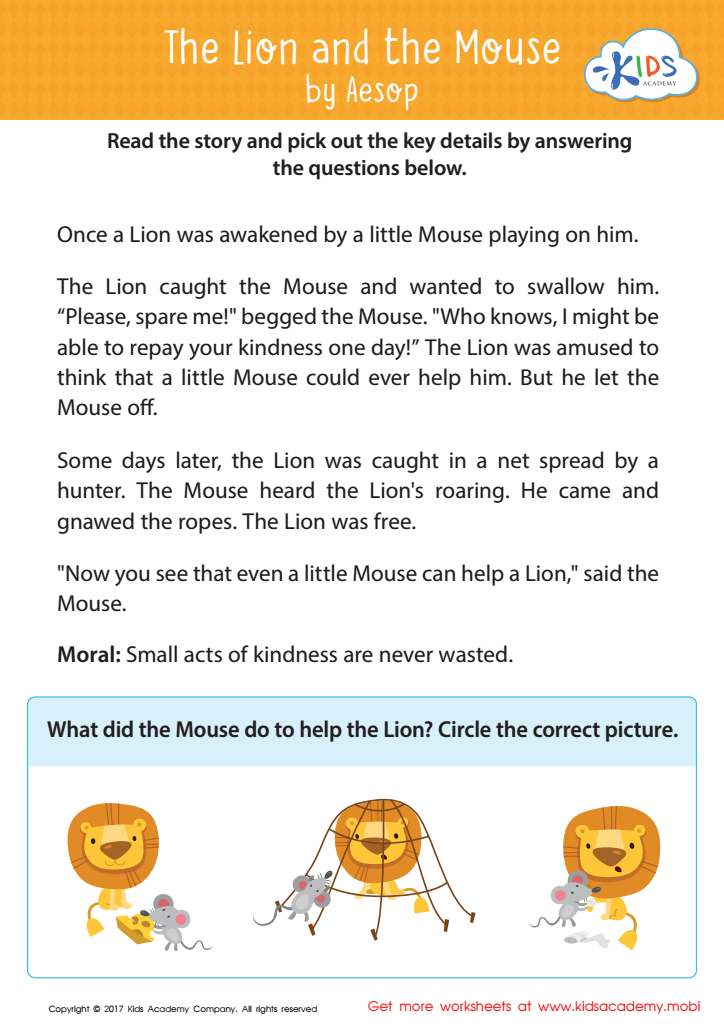

The Lion and The Mouse Sequencing Worksheet
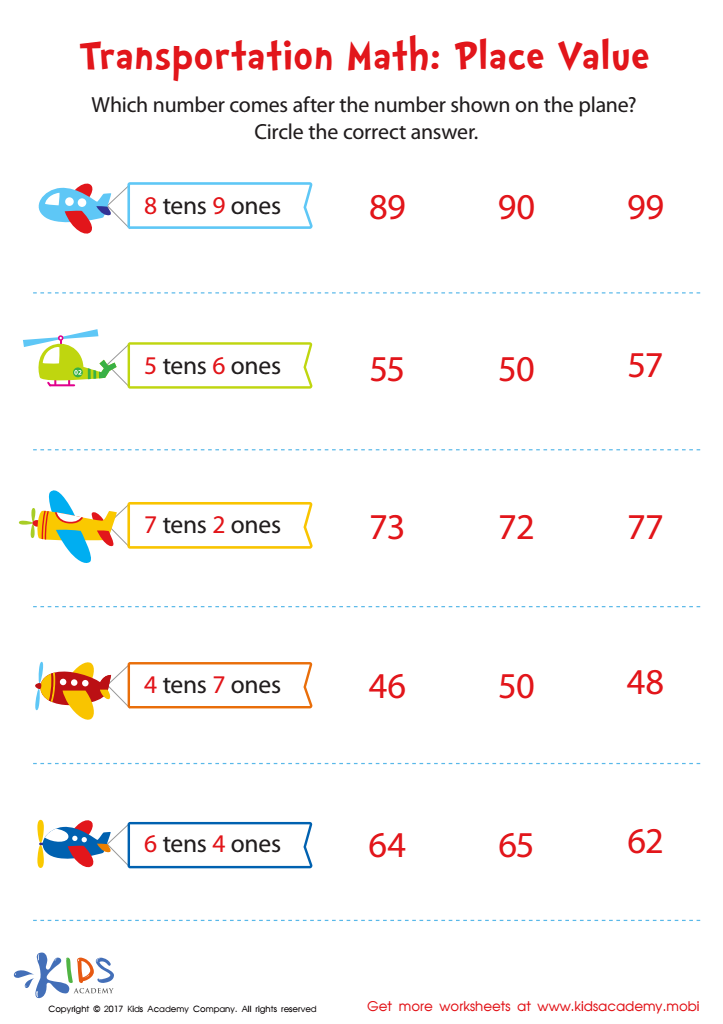

Transportation Math Printable
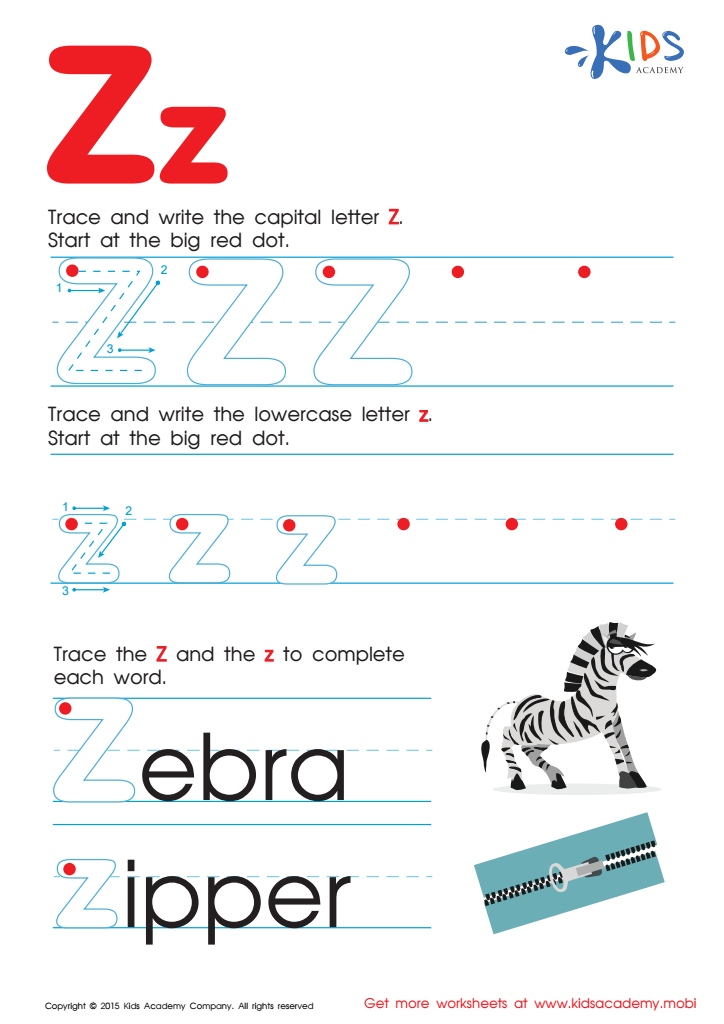

Letter Z Tracing Page


Let's Share Worksheet
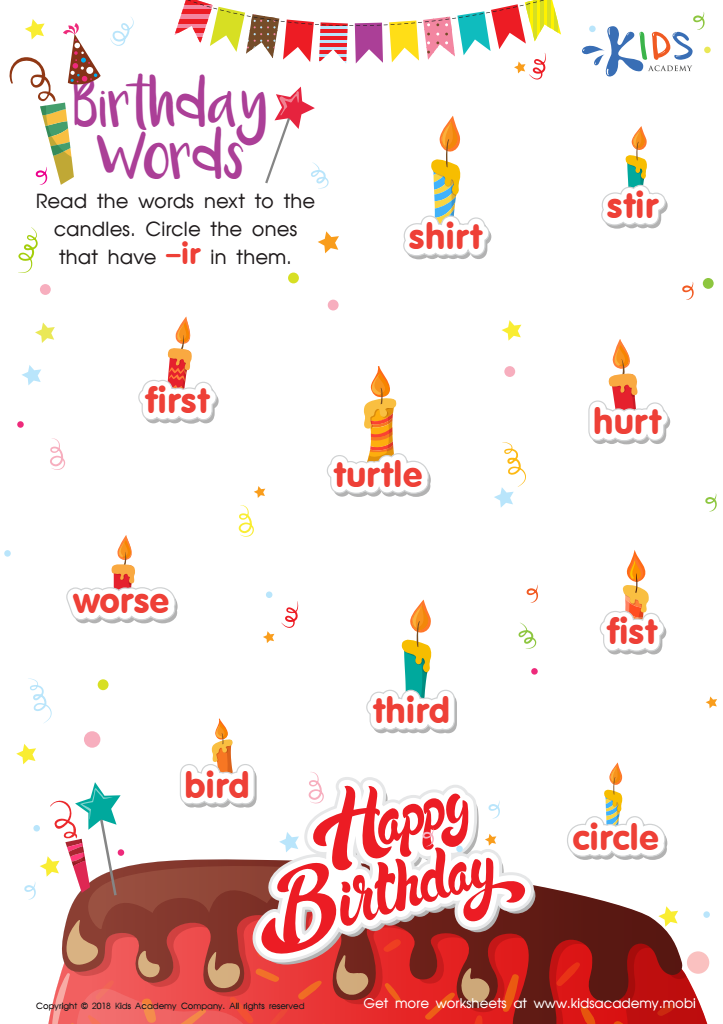

Birthday Words Worksheet
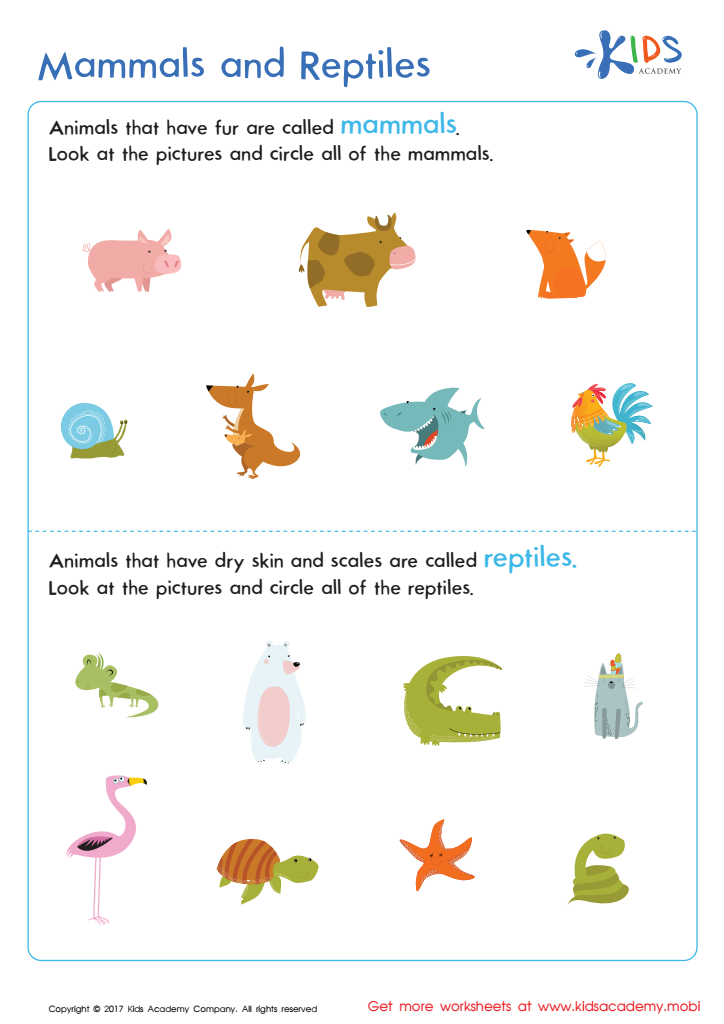

Mammals and Reptiles Worksheet
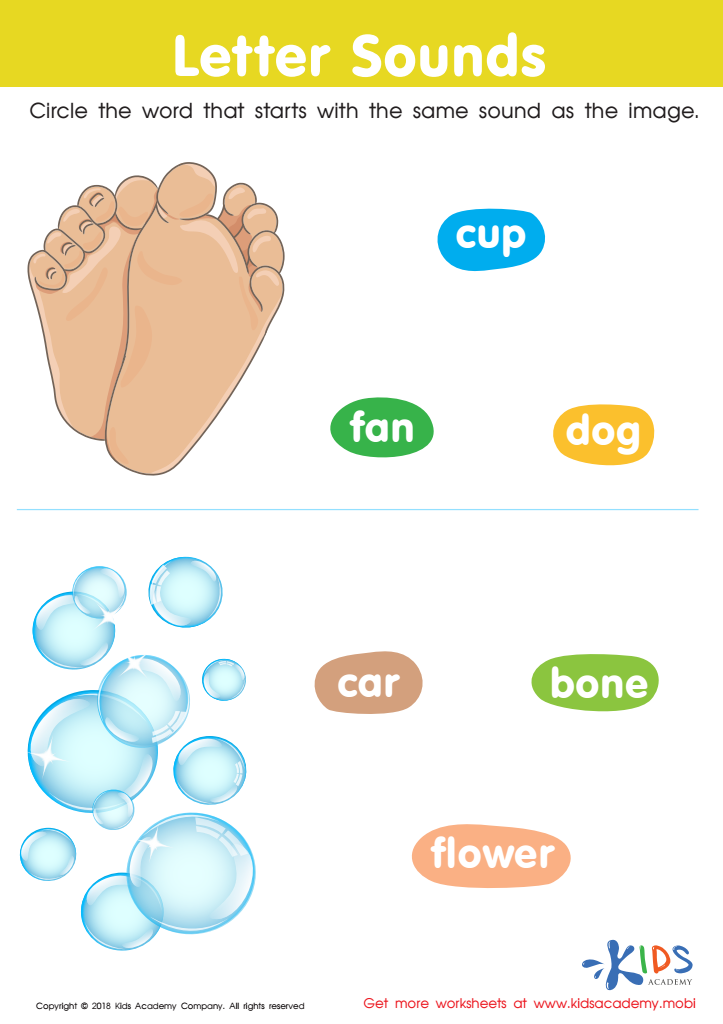

letter sounds Worksheet
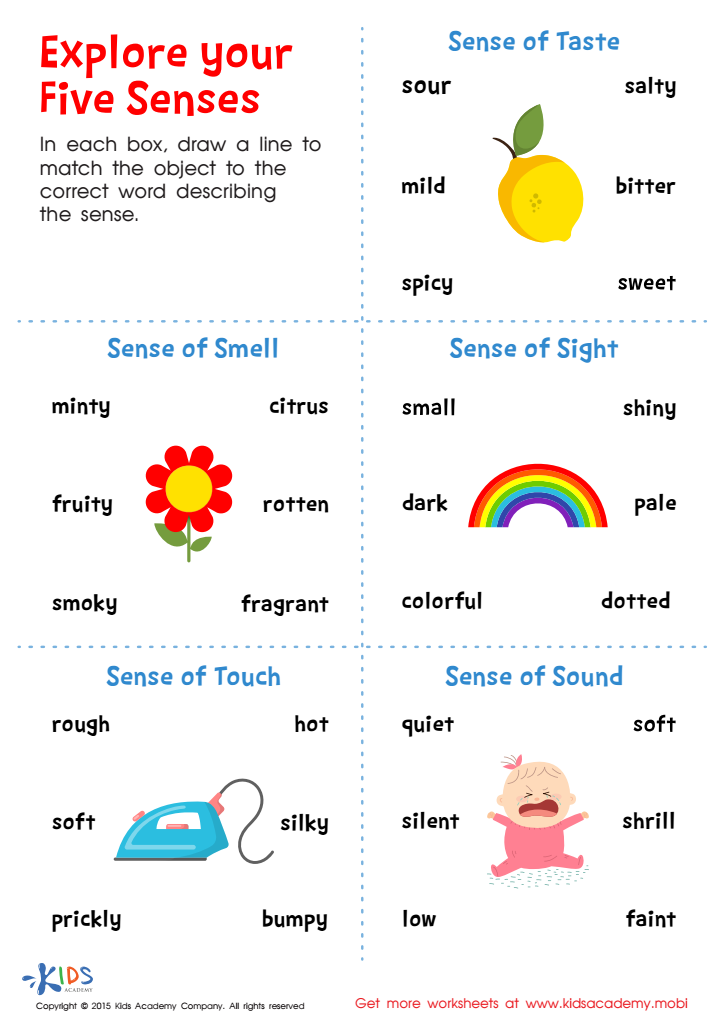

Explore Your Five Senses Printable


Happy Diwali Printable
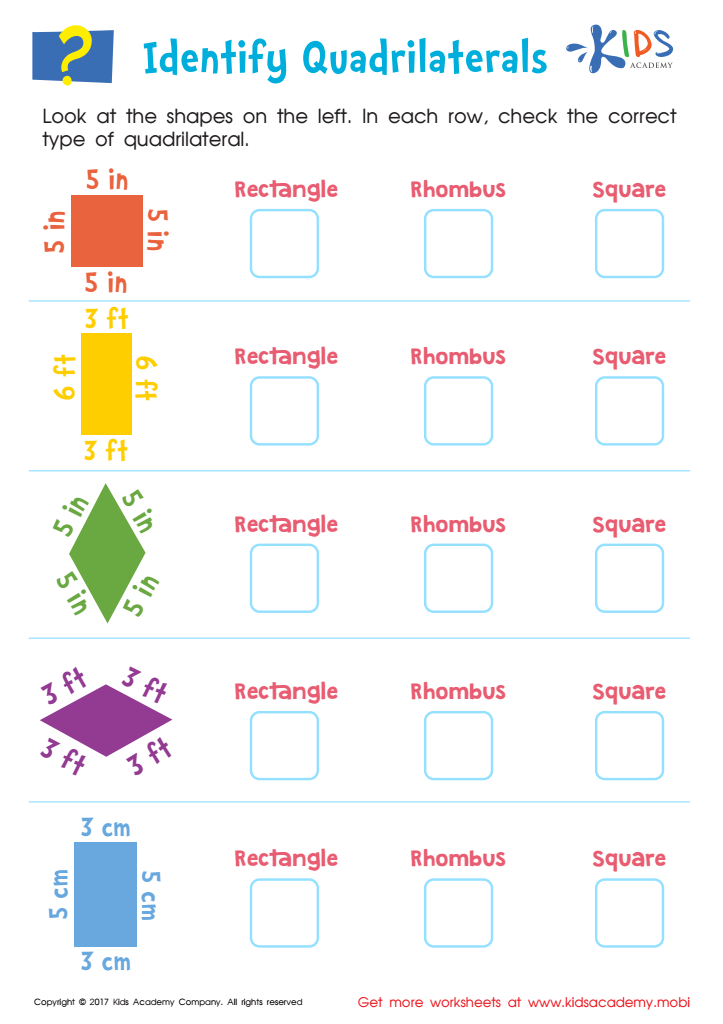

Identify Quadrilaterals Worksheet
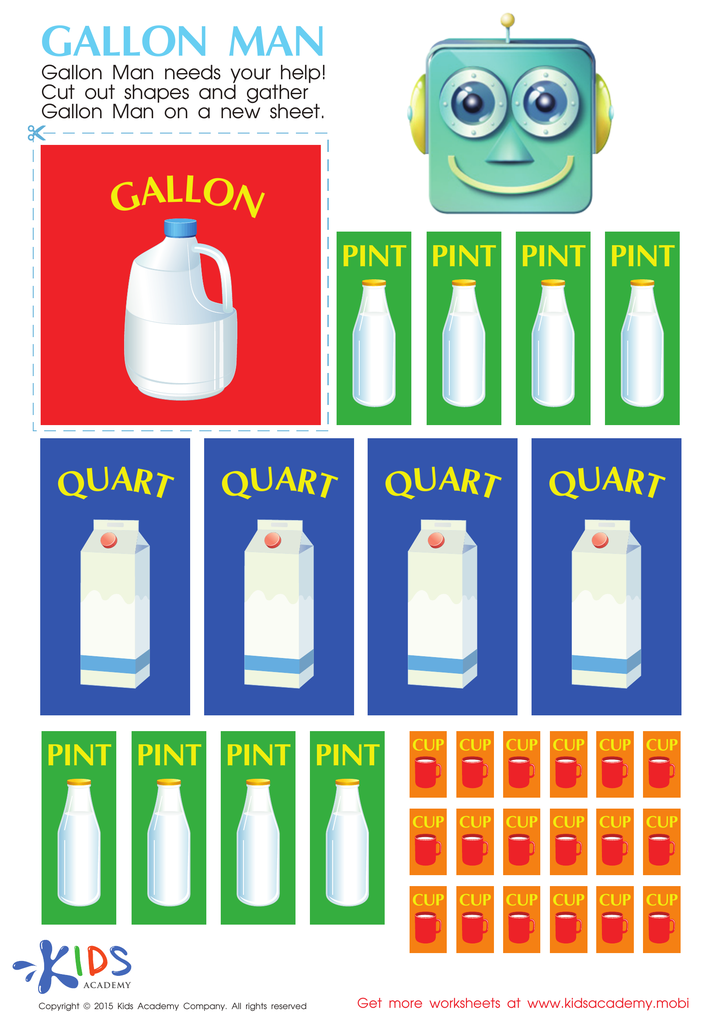

Cups, Pints and Quarts With Gallon Man Worksheet
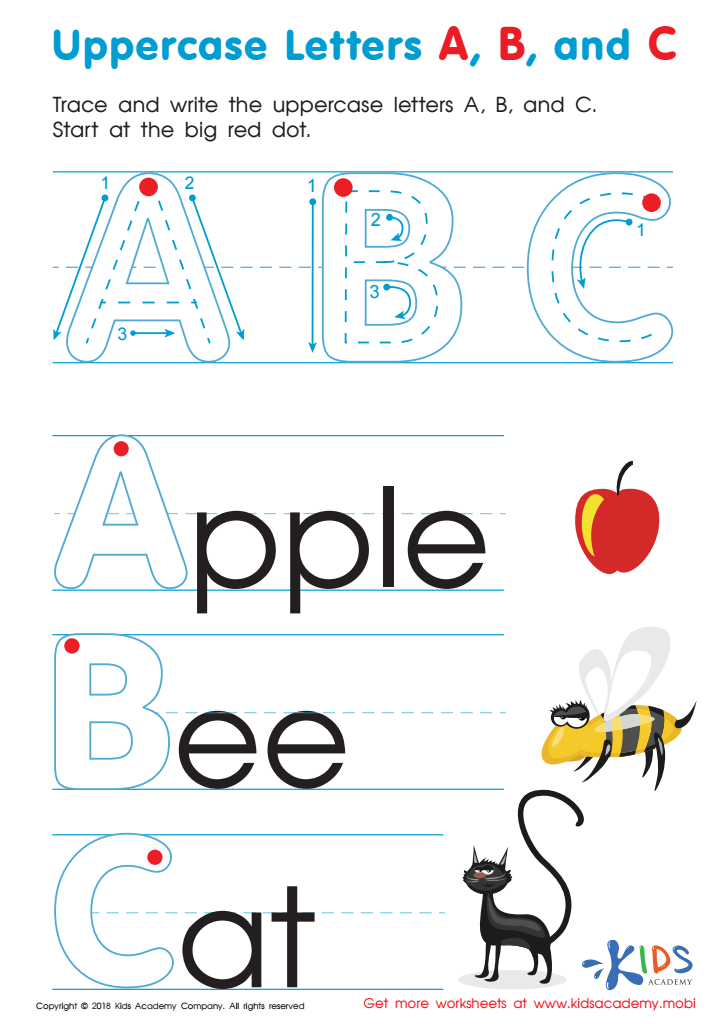

Uppercase Letters A, B, and C Worksheet
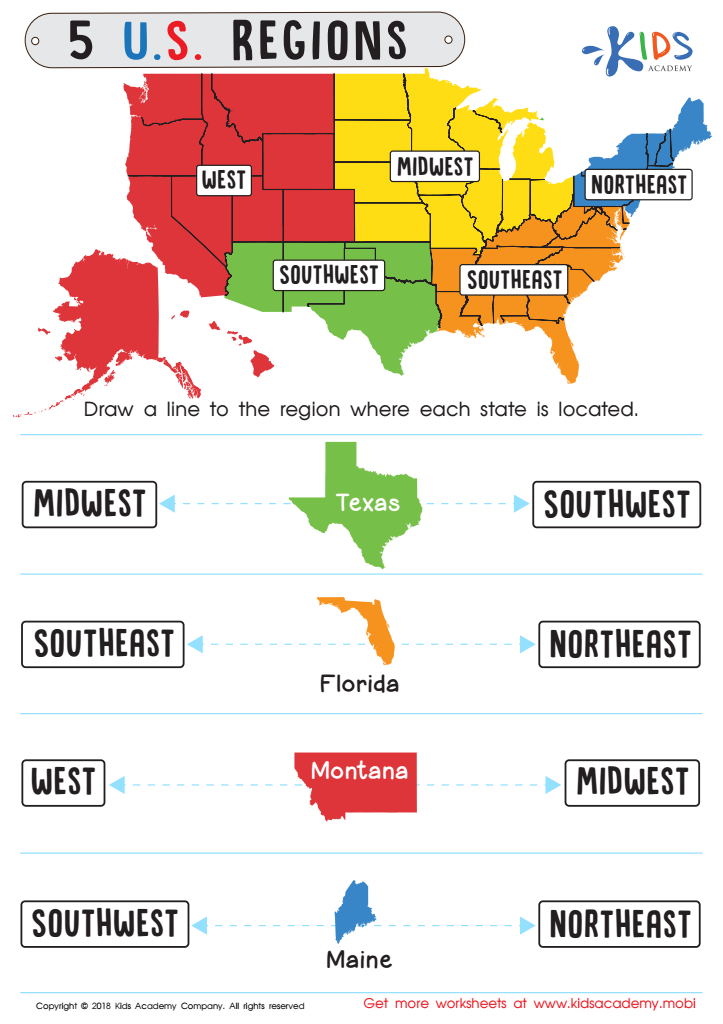

5 U.S. Regions Worksheet
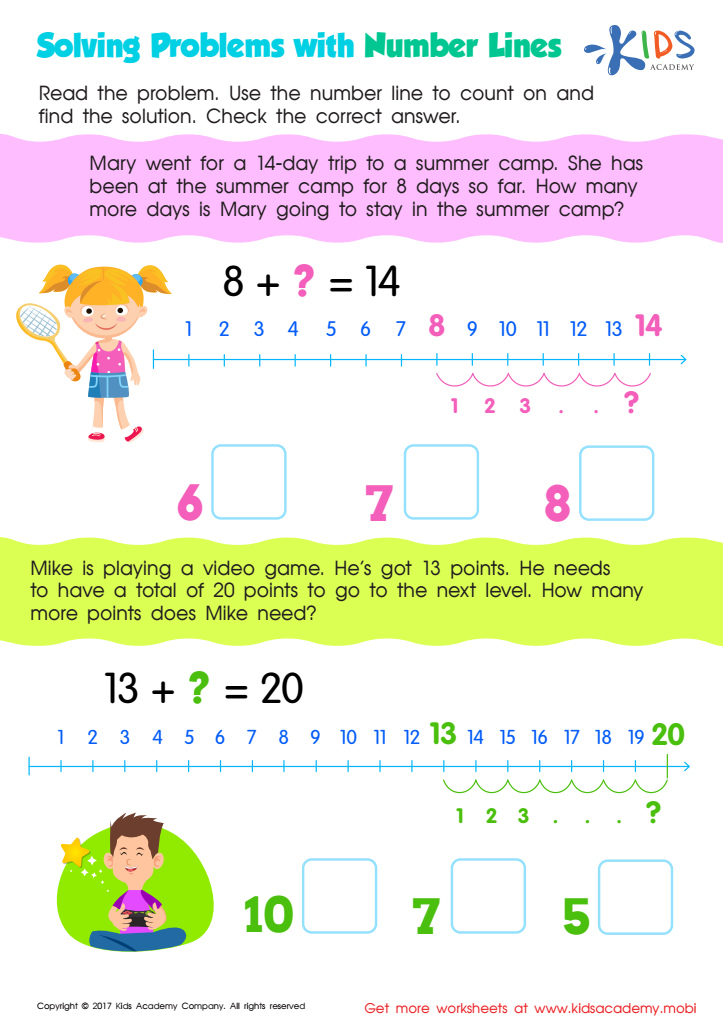

Solving Problems: Number Lines Worksheet
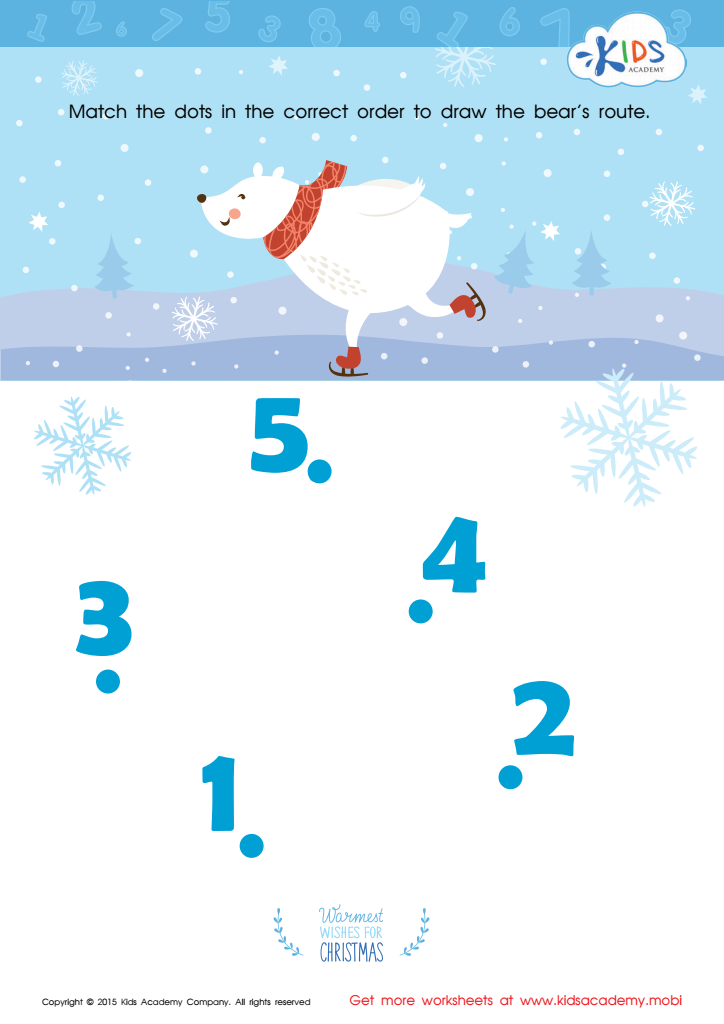

Drawing the Bear's Route by Number Worksheet
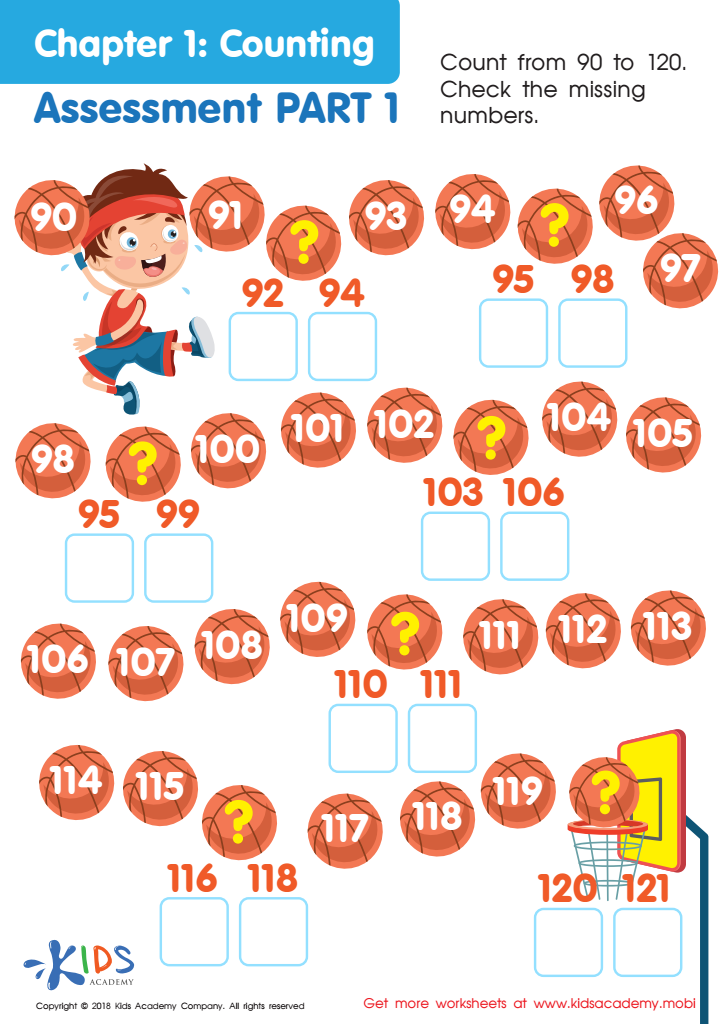

Counting Past 1: Assessment 1 Worksheet
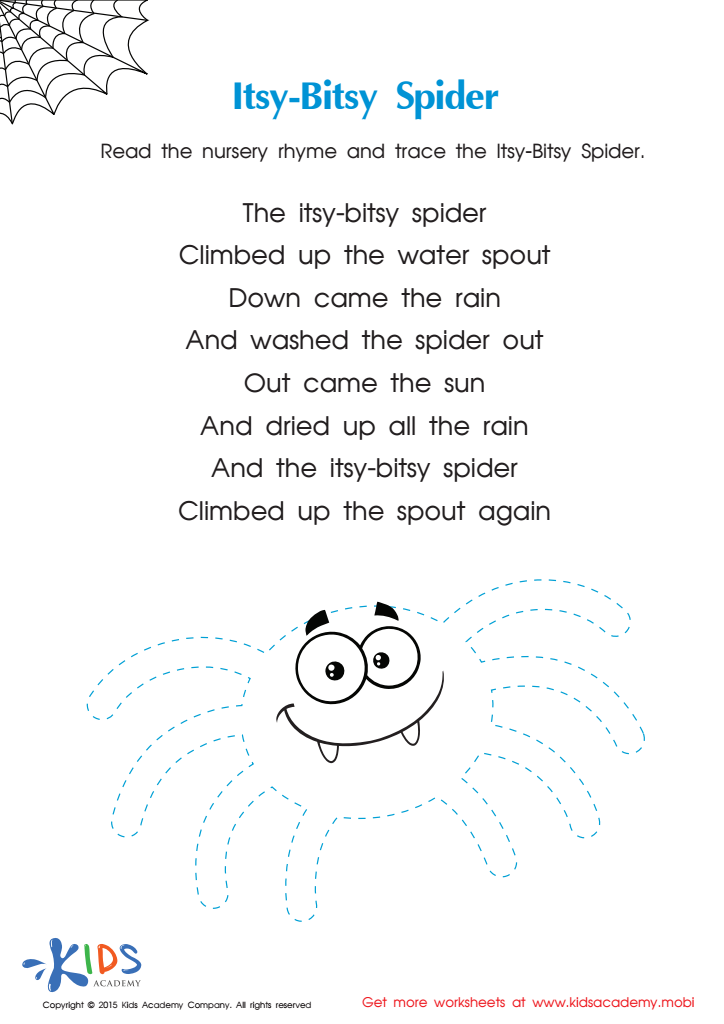

Itsy Bitsy Spider Nursery Rhyme PDF Worksheet
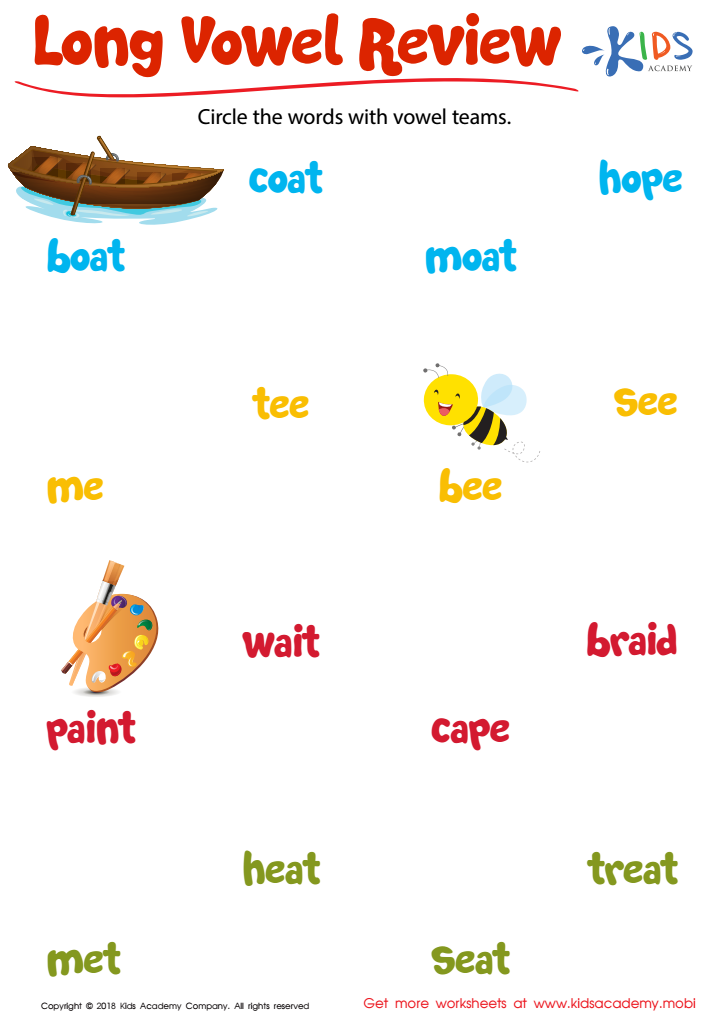

Long Vowel Review Worksheet
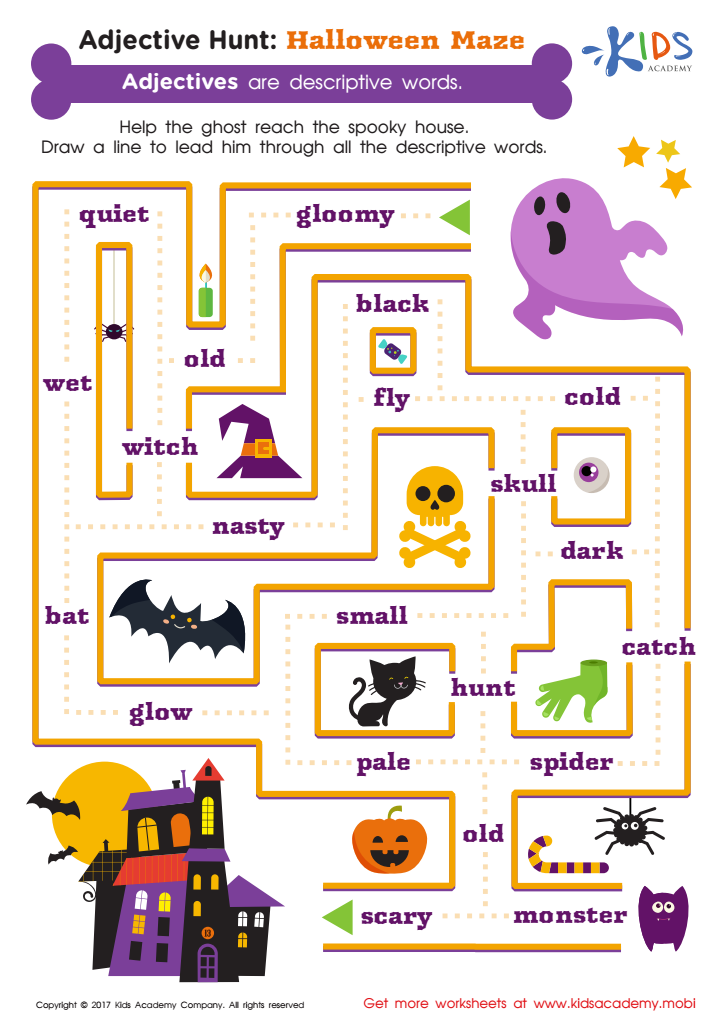

Adjective Hunt Printable
Parents and teachers play a crucial role in the early development of children, especially between the ages of 3-9. During this period, a child's brain is highly receptive to learning; it is a prime time for cognitive, emotional, social, and physical development. High-quality interactions and educational opportunities at this formative stage set the groundwork for future learning and well-being.
Children develop essential pre-academic skills such as literacy and numeracy during these years—skills that are foundational for their entire educational journey. More importantly, they also learn social-emotional competencies, such as empathy, self-regulation, and cooperation, which are vital for overall success in life. Engaged parents and teachers can help foster a love for learning, curiosity, and resilience by providing a supportive and enriching environment.
Additionally, early identification of developmental delays or learning disabilities can lead to timely interventions, thereby minimizing long-term impacts. Consistent, positive interactions from adults also build a child's self-esteem and confidence, enabling them to explore and understand the world around them.
Involvement in a child’s life at this stage also strengthens the home-school connection, ensuring a harmonious support system. Hence, focused and attentive parenting and teaching in early childhood can catalyze holistic development, paving the way for lifelong success and well-being.

 Assign to My Students
Assign to My Students



